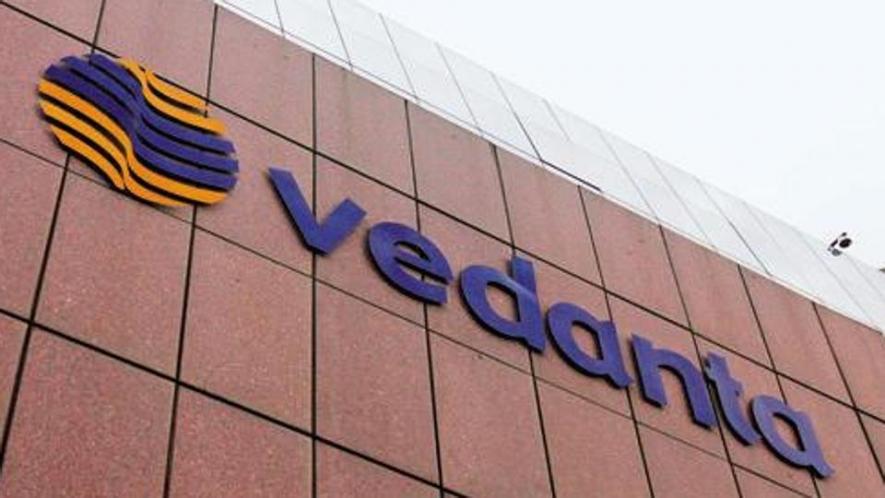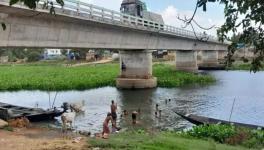Zambian Villagers Can Now Sue Vedanta in England Over Poisoning of their Water

Zambian villagers have won the right to sue mining giant Vedanta in the United Kingdom (UK) over pollution of their water sources — in a landmark judgement that paves the way for other London-based multinationals to be held liable in English courts for their subsidiaries in developing countries.
On October 13, London’s Court of Appeal dismissed an appeal by the British-Indian mining company against a May 2016 High Court judgement that allowed Zambian villagers to have their case heard in the UK.
A total of 1,826 Zambians from four villages in the mineral-rich Copperbelt region are pursuing claims for damages against Vedanta Resources and its Zambian subsidiary Konkola Copper Mines (KCM).
The villagers are seeking damages for continual pollution of their water sources from the KCM operated Nchanga Copper Mine since 2004, when Vedanta took over KCM, has led to diseases and devastation of their crops, causing widespread loss of health and livelihoods.
Vedanta, well-known for its environmental and human rights violations worldwide, had appealed that the damages claim could be brought only within the jurisdiction of Zambia.
The affected communities first took KCM to court in Zambia in 2006 over severe poisoning of the Kafue river, on which the villagers depend for all purposes from drinking to irrigation.
The Zambian High Court in 2011 had awarded them a compensation of $2 million, but after KCM appealed, the Zambian Supreme Court in 2015 overruled the compensation even as it held the company guilty.
After that, the villagers turned to the UK to seek justice. They are being represented in the UK by London law firm Leigh Day.
After the verdict, Vedanta issued a statement that it was looking to appeal against the judgement in the Supreme Court. The company also said that the verdict only related to the question of jurisdiction and “was not a ruling or a determination on the merits of the claims”.
Two years ago, a leaked internal report commissioned from Canadian pollution control experts had shown that Vedanta Resources’ 12-square-mile mine in the Copperbelt region had been discharging sulphuric acid and other toxic chemicals into the water bodies and underground aquifers near the mining town of Chingola.
Besides, a leaked letter from a KCM doctor stated that the water collected for testing in 2011 was not fit for human consumption.
The Guardian quotes from the letter: “The water is acidic and the copper and iron levels exceed permitted levels… The impurities […] can cause cancer in the bloodstream and unhealthy conditions in internal organs. The people in that village should be advised to stop using the same water.”
Vedanta has been accused of massive human rights and environmental violations in India as well as other countries, including Sri Lanka, Zambia, Liberia and South Africa.
So infamous are Vedanta’s violations that it was put on the exclusion list of the world’s largest sovereign wealth or state-owned investment fund, the Government Pension Fund Global (GPFG) of Norway.
In India, the indigenous communities of Odisha in 2014 won a 19-year-old battle against the company mining their sacred Niyamgiri hills for bauxite.
Human rights watchdog Amnesty International had also indicted Vedanta of violating the human rights of Odisha tribals.
In Goa, Vedanta was indicted by the Shah Commission in 2012 for illegal mining of iron ore.
Get the latest reports & analysis with people's perspective on Protests, movements & deep analytical videos, discussions of the current affairs in your Telegram app. Subscribe to NewsClick's Telegram channel & get Real-Time updates on stories, as they get published on our website.
























